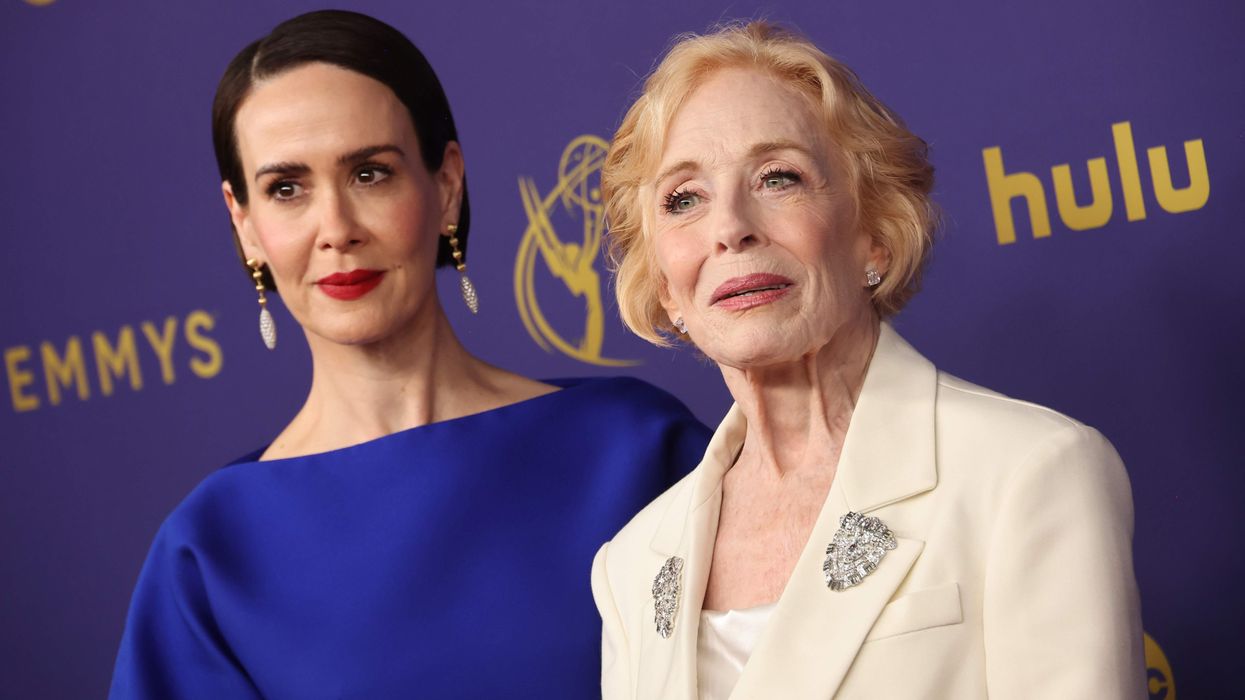Forget for a
moment, if you can, the notorious wire hangers. Paramount
Home Entertainment has marked the 25th anniversary of
Mommie Dearest by issuing a new DVD,
appropriately dubbed the "Hollywood Royalty Edition." And it
may finally be time to start to take the film
seriously as well.
Certainly, the
late director Frank Perry (Diary of a Mad
Housewife) and producer Frank Yablans (the former
president of Paramount Pictures who had segued into a
producing career when he made the movie at Paramount)
embarked on the project with the most serious of
intentions. Faye Dunaway, who just five years earlier had
won the Best Actress Oscar for her rapacious TV
executive in Network, didn't shy away from playing
Joan Crawford as an embattled screen legend, fearful
that her career was slipping away even as she
terrorized her adopted children while trying to create
a fantasy of the perfect family.
But in 1981
audiences weren't necessarily buying it. Before the movie
was released, Paramount conducted small screenings to
gauge the movie's likely reception. Recalls one
Paramount vet: "The first screening, there was some
nervous laughter. The second screening, the laughs began
45 minutes in and didn't stop. The third screening, it
started in the first half-hour." Paramount's marketing
department, then headed by Gordon Weaver, decided to
promote the joke rather than fight it.
While the studio
launched the movie with proper ads promising an
indelible performance coupled with high drama, by the first
weekend, it switched tactics. New ads were hastily
ordered that carried such battle-cry slogans as "No
wire hangers--ever!"-- cementing the
movie's reputation as a camp extravaganza.
"I went berserk,"
Yablans recalls in one of the DVD's documentaries.
Although he says that the movie opened well, it ultimately
grossed $19 million, ranking number 38 among 1981's top
domestic grossers, according to Box Office Mojo.
Critic Roger Ebert called it "unrelentingly
depressing." And the Razzie Awards hooted it away as
the worst movie of the year.
Dunaway, who felt
burned, has barely acknowledged the movie since, and
she doesn't appear on the DVD though her costar Diana
Scarwid and gay director John Waters--who
provides an appreciative commentary--both laud
her performance as underappreciated.
In retrospect, a
number of factors probably conspired against the movie.
Christina Crawford's 1978 memoir was in some respects ahead
of its time. It sought to explore child abuse, a
subject that was just beginning to seep into the
national consciousness. But because it did so within the
opulence of a Hollywood setting, it was dismissed by many as
a scandalous tell-all.
Similarly, just
as Christina Crawford crossed an unspoken line, Dunaway
dared to take on a forbidding screen legend, warts and all.
When Diana Ross played a figure like Billie Holiday
nine years earlier, she won applause. But while
resurrecting a singer like Holiday was viewed as a
tribute, when Dunaway borrowed Crawford's Kabuki-like
eyebrows and exaggerated shoulder pads, many
considered it a sacrilege.
To her credit,
Dunaway held nothing back. Waters describes her
performance as operatic, and it is in the best sense of the
word--full of fury, desperation, and genuine
pain. Audiences could laugh in the face of such a
monster, but at heart the movie was no joke. Today, Yablans
concedes that maybe he or Perry should have suggested that
Dunaway tone down moments in her performance. But a
toned-down Mommie Dearest would have risked losing
the Grand Guignol, which is exactly what makes the
film so grand. (Reuters)




































































Charlie Kirk DID say stoning gay people was the 'perfect law' — and these other heinous quotes